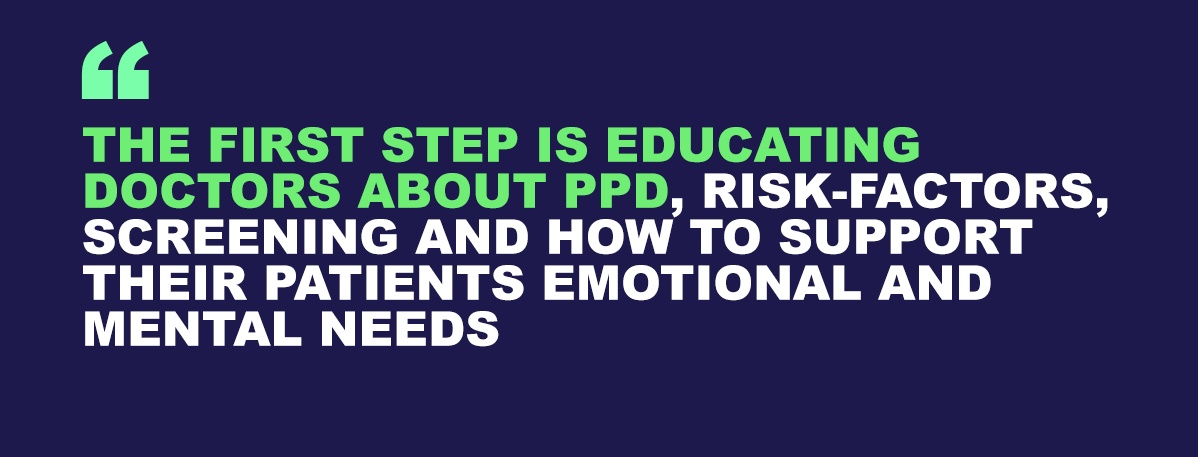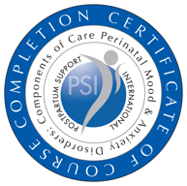
Postpartum Depression (PPD), the most common complication of pregnancy in America, is a Perinatal Mood Disorder affecting women during and/or after pregnancy. Perinatal Mood and Anxiety Disorders (PMADs) are a set of mental illnesses that can occur before, during and after pregnancy.

THE FACTS:
SYMPTOMS VARY AND MAY INCLUDE:
HOW DO THE NUMBERS COMPARE TO THE ESTIMATED 900,000 WOMEN WHO SUFFER?
NOT THE BABY BLUES

RISK FACTORS
It is imperative providers understand the risks and symptoms of PPD, ideally at the first visit or prior to pregnancy. PPD is a treatable PMAD that with proper care is temporary. Early intervention and comprehensive, individualized and peer support will optimize care and lead to better outcomes for women and families.
If you are in Crisis, please Call: 1-800-784-2433 or 1-800-273-8255. You can also text "START" to 741-741. If this is a true psychiatric or life-threatening emergency, please pick-up the phone: Dial: 911, or go to the nearest Emergency Room, immediately.


Elevating and improving the standard of care for patients with Perinatal Mood and Anxiety Disorders.
(636) 627-8081
400 Tenafly Road
PO Box 220
Tenafly, NJ 07670
If you are in Crisis, please Call: 1-800-784-2433 or 1-800-273-8255. You can also text "START" to 741-741. If this is a true psychiatric or life-threatening emergency, please pick-up the phone: Dial: 911, or go to the nearest Emergency Room, immediately.